

Laura Trevelyan, a British Broadcasting Corporation (BBC) news anchor whose family had owned slaves in Grenada, has quit the organisation to become a reparations advocate.
Trevelyan, who had spent about 30 years with the media network, announced her unsurprising departure via social media on Tuesday (March 14), saying “a new chapter is starting for me”.
“After 30 incredible years at the BBC, I’m leaving tomorrow to join the growing movement for reparatory justice for the Caribbean,” she added.
Her exit comes just three weeks after she and other family members had travelled to the Eastern Caribbean to the ‘spice island’ of Grenada to participate in the apologies ceremony that was done in collaboration with the umbrella Caribbean Reparations Commission (CRC) led by chairman Sir Hilary Beckles.
It is unclear what exact role Trevelyan will play in the fight to make her own native Britain and other European nations pay compensation for slavery forcing Africans to work on sugar, tobacco and other plantations in the Caribbean and Americas for free.
Regional governments have long been calling for a summit with Europe to discuss the issue but have complained about receiving a lukewarm response to the idea. The Trevelyan family owned more than 1,000 slaves at various plantations in Grenada during the 19th century.
Trevelyan advocacy coming with £100,000 donation
Apart from the apology, the former BBC broadcaster individually donated Sterling £100,000 to a special education fund to be used by the University of the West Indies (UWI). Seven family members had travelled with her to Grenada to read and sign the apology document. In total, 104 descendants of owners and part owners of plantations had also affixed signatures.
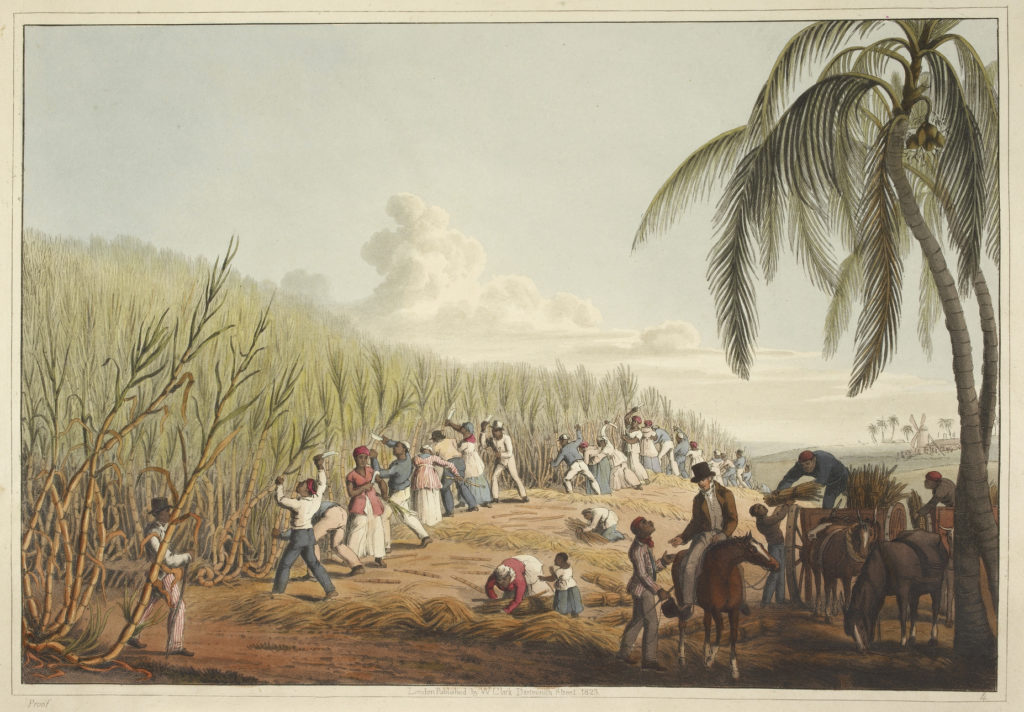
“To the people of Grenada, we, the undersigned, write to apologise for the actions of our ancestors in holding your ancestors in slavery,” Trevelyan said. The document was handed to Prime Minister Dickon Mitchell and later handed over to the reparations commission.
In late December, the Dutch government issued a formal apology for its role in the brutal slave trade. The CRC had identified Holland as the country which perhaps had benefited most from slavery, was the most organised and among the cruellest of slave masters.
Prime Minister Mark Rutte had said that the apology was just a first step in Dutch plans, leaving the door open to further engagement.

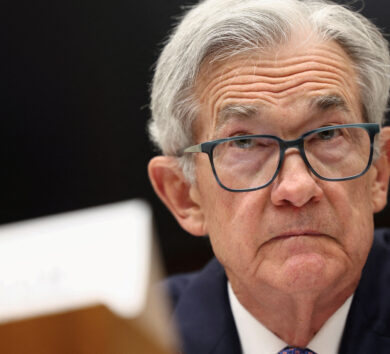
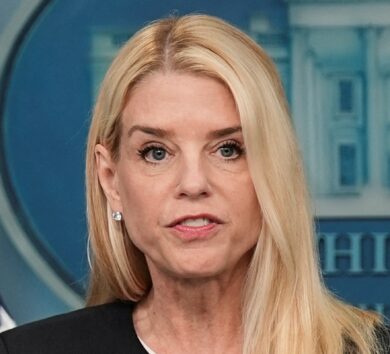
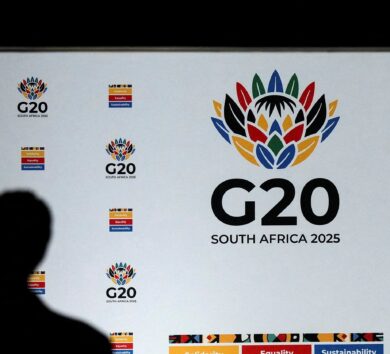

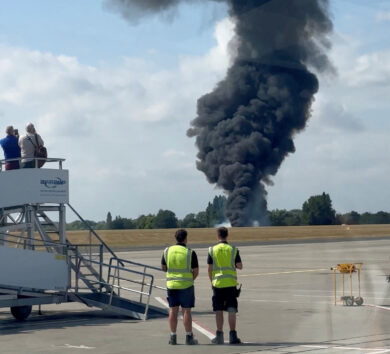
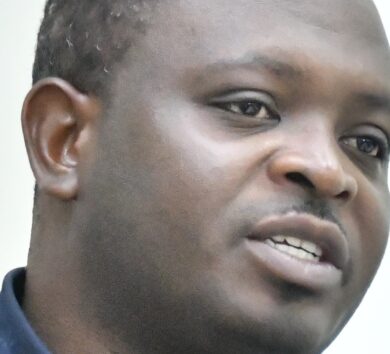
Comments